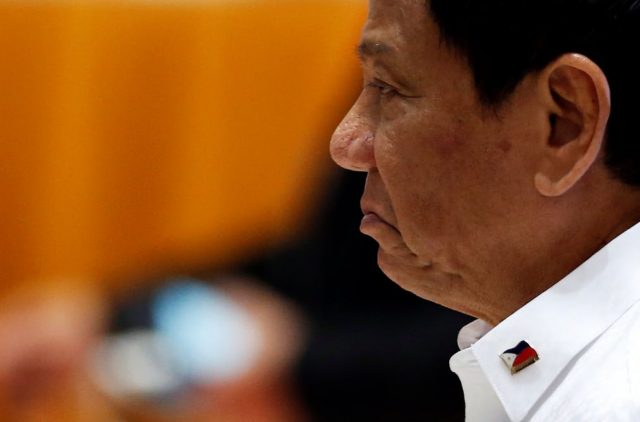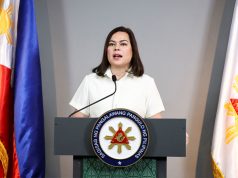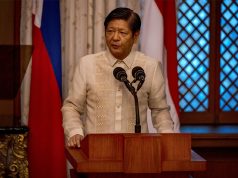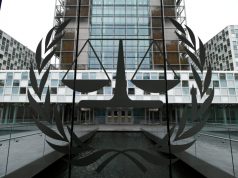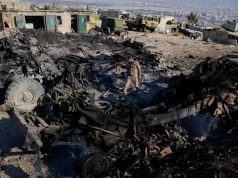MANILA, Philippines — Complaints against President Rodrigo Duterte have been filed before four United Nations experts accusing him of “inciting the military and police forces to escalate the suppression and repression” of human rights workers and members of progressive organizations.
At the same Karapatan and international watchdog Human Rights Watch separately took the government to task for refusing Iceland’s call during the 37th session of the U.N. Human Rights Council, of which the Philippines is a member, to cooperate with efforts to mount an independent investigation into alleged human rights abuses, including the thousands of killings associated with Duterte’s “war on drugs” and those linked to counterinsurgency.
Karapatan’s letters of complaint on Duterte’s “persistent and repeated threats and vilification” were sent to U.N. special rapporteurs Michel Forst (situation of human rights defenders), Annalisa Ciampi (rights to freedom of assembly and of association), David Kaye (promotion and protection of the right to freedom of opinion and expression), and Agnes Callamard (extrajudicial, summary or arbitrary executions).
“Dutere has alleged six times in his speeches and press conferences that Karapatan is a ‘legal front’ of the Communist Party of the Philippines, further making our human rights workers on the ground targets of state forces and considered fair game to any and all forms of state-sponsored attacks,” the group’s secretary general Cristina Palabay said in a sentence.
“In fact, many of our human rights defenders have already been the subject of harassment and intimidation efforts, and even extrajudicial killings by state forces,” she added. “Such allegations are a violation of our freedom of association and expression, and poses a real danger to many human rights defenders on the ground.”
Last year, Karapatan also filed complaints with Callamard and Forst over extrajudicial killings it accused stat security forces of carrying out in the course of their counterinsurgency campaign.
“This government is blurring the line between combatants and non-combatants, ensuring that all genuine opposition are unjustly penalized for exercising their rights to assembly, protest, and organize,” Palabay said.
She also blasted Duterte’s spokesman Harry Roque for reiterating the government’s refusal to allow Callamard to visit the country officially to probe extrajudicial killings, which requires an official invitation from the host country.
Duterte himself has repeatedly said he would invite Callamard only if she she agrees to such conditions as allowing him to question her and engage her in public debate. She has refused these conditions, saying they violate her office’s mandate.
But Palabay called this proof of “the Duterte regime’s apprehension and anxiety in being investigated for human rights violations in line with the government’s war on drugs campaign. Indeed, when the guilty is put on the defensive, they resort to ad hominem tirades and outright bullying.”
Meanwhile, HRW Philippine researcher Carlos Conde responded to Foreign Affairs Secretary Alan Peter Cayetano’s claim before the UN HRC that critics of the war on drug had “politicized’ and “weaponized” human rights, saying this was “totally without basis and serves only to frustrate the calls by many for accountability for the Duterte administration’s atrocities.“The truth is, the Philippine government needs to answer for the more than 12,000 lives lost without due process in this brutal campaign across the country.”
“The government should stop depicting itself as the victim,” he said.
Conde also urged the govrnment to heed the call made by Iceland “to cooperate with a mission of experts mandated by the U.N. Office of the High Commissioner for Human Rights” and urged the HRC to “take all necessary measures to help end extrajudicial killings in the Philippines’ ‘drug war’ and bring those responsible to justice, including establishing an independent international body to investigate these abuses, which may amount to crimes against humanity.”

